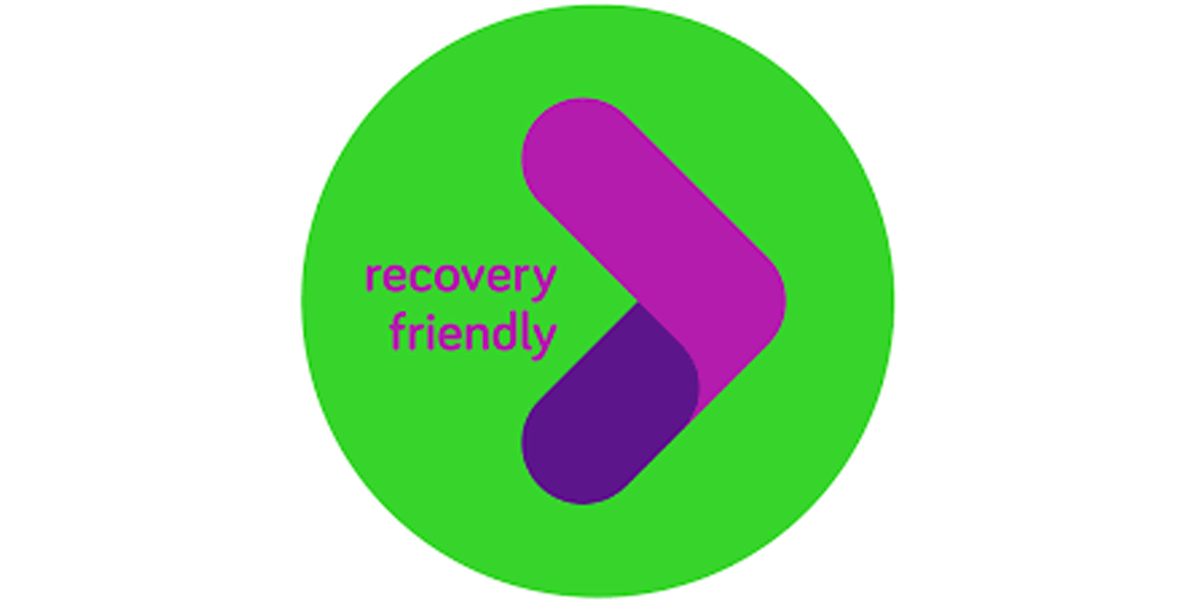
Sep 28, 2020
Building a Recovery Friendly Workplace
Laura Thomas, managing director of compensation, benefits & HRIS, Blue Cross & Blue Shield of Rhode Island
Every September, National Recovery Month highlights ongoing efforts to connect people struggling with substance use disorders with treatment and behavioral health services. This year the COVID-19 pandemic has exacerbated substance misuse and has magnified the importance of Recovery Month and the awareness it brings. A recent government analysis found that in the first four months of 2020 the United States experienced an 11 percent year-over-year increase in overdose deaths. In Rhode Island, there have been more than 100 fatal drug overdoses in the first five months of 2020, bringing the five-year total to 1,500 fatal drug overdoses. The somber reality is that substance misuse is an ongoing problem and growing problem. To combat the issue effectively, we must provide support to individuals so they may pursue a safe recovery.
This year, Blue Cross & Blue Shield of Rhode Island (BCBSRI) was named a Recovery Friendly Workplace (RFW) in recognition of the company’s collective dedication to supporting people in recovery and its commitment to comprehensive employee health and well-being. Launched in February of 2020 by Governor Gina M. Raimondo’s Overdose Prevention and Intervention Task Force, in collaboration with the RI Department of Health (RIDOH), the RI Department of Behavioral Healthcare and Developmental Disabilities and Hospitals (BHDDH) and Rhode Island College, the Recovery Friendly Workplace Initiative is designed to combat stigma around substance misuse by empowering workplaces to support employees in recovery, as well as their colleagues, families and friends. The program defines RFWs as those committed to four objectives:
- Foster a safe and recovery friendly environment
- Engage employees in substance misuse and behavioral health education and prevention
- Retain healthy and productive employees
- Promote prevention and recovery in their local communities
Upholding these pillars and achieving a Recovery Friendly Workplace designation speaks to BCBSRI’s ongoing efforts to create an inclusive and supportive work environment for all employees. Providing resources for a safe recovery and support for those affected by substance misuse is crucial when it comes to overall employee health and well-being at BCBSRI.
Building an RFW requires consistent collaboration between employers and employees to implement programs that address substance use disorders and behavioral health. First and foremost, RFWs protect their employees. They foster a safe environment to come forward with a substance use disorder (SUD) and ensure that those who reach out for help feel supported and that their privacy is protected. If those affected feel comfortable participating, RFWs look to them for insight in developing policies for SUD recovery. RFWs also work to reshape the perception of SUDs within their company by offering education about SUDs, sharing safe language, and providing examples of what employees can do to help their peers in recovery. Awareness, education and action can help to eliminate common barriers to those in recovery, such as stigma and lack of support.
BCBSRI’s designation as an RFW is another step in the company’s journey toward better supporting individuals with behavioral health or substance use disorders, including programming like:
- Mental Health First Aid training for all employees
- An employee assistance program including free counseling sessions and text message-based therapy
- Well-being app
- Mindfulness education sessions and guided meditation
- Telehealth/telemedicine services
In addition to the services listed here, BCBSRI provides information and resources for help with opioid use at https://www.bcbsri.com/individual/member/opioid.
BCBSRI believes that behavioral health is essential to overall health, prevention works, there are effective treatments, and people can recover from substance use disorders. We will continue to work toward a more supportive environment for all individuals, especially those in recovery. Although progress has been made, when it comes to supporting those in recovery and those impacted by substance misuse, there is always more to be done – this Recovery Month and beyond.

